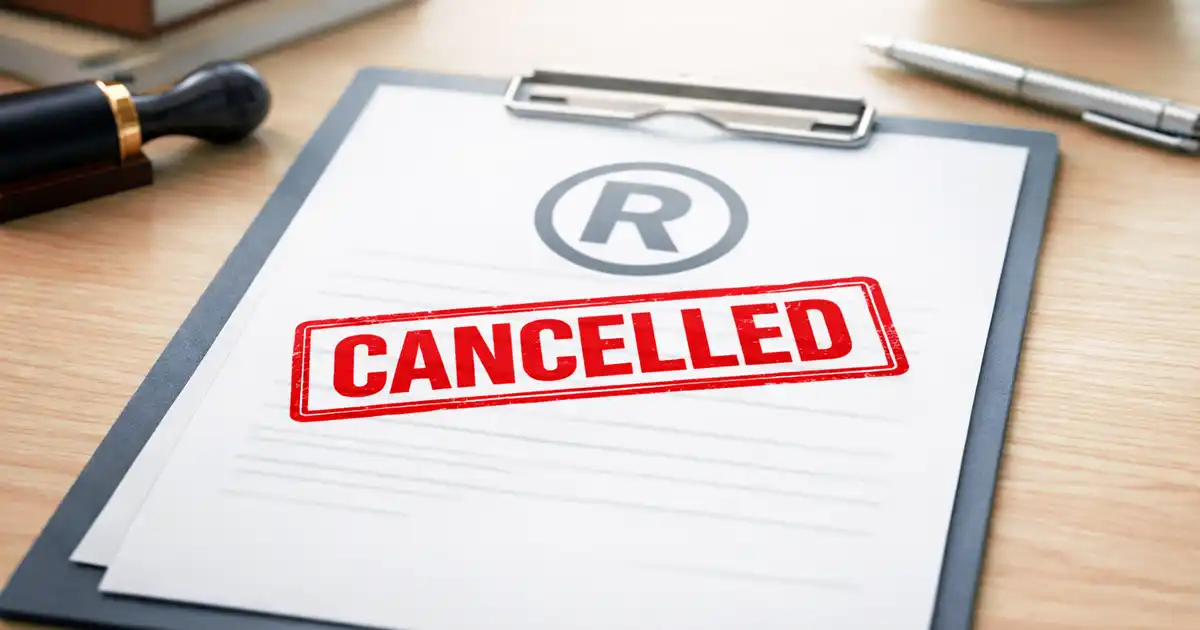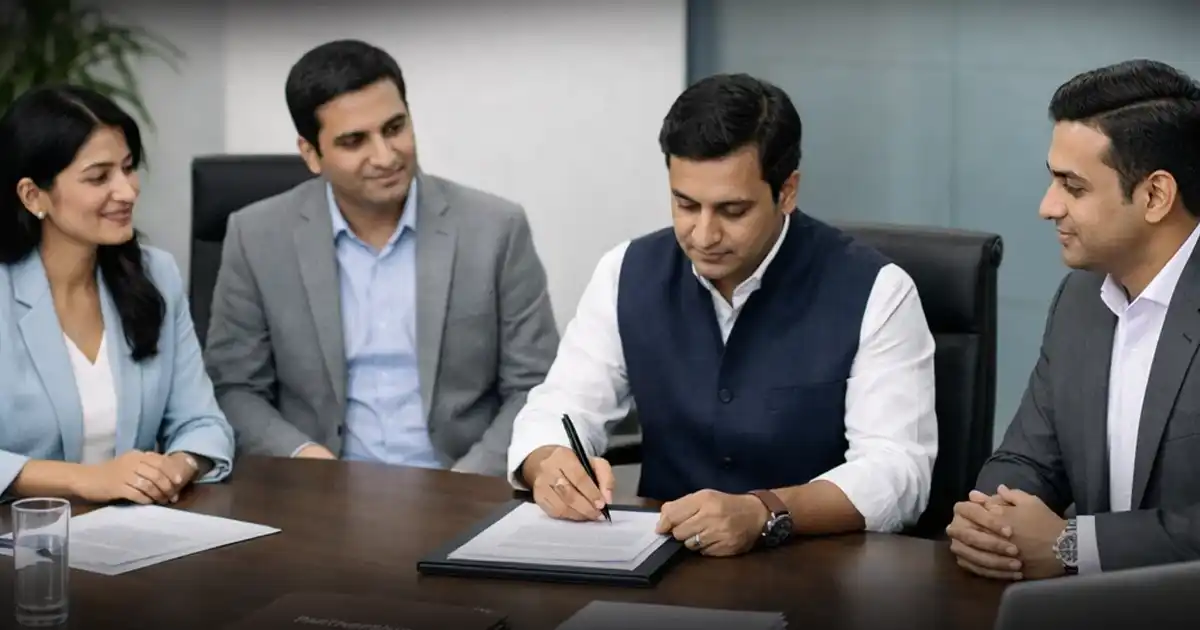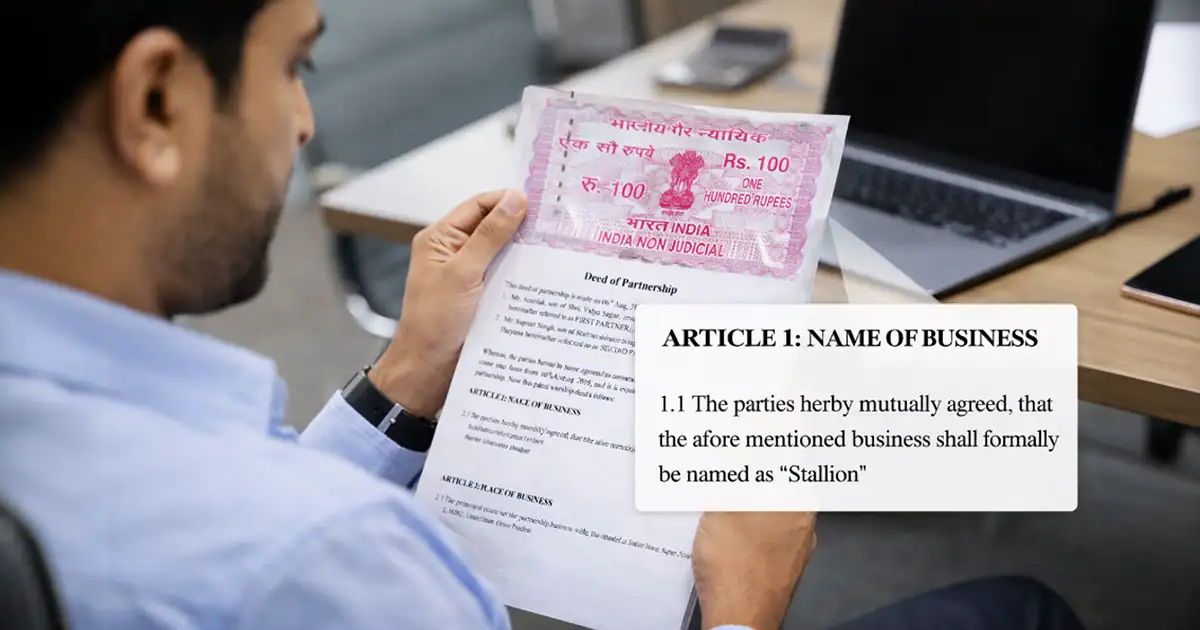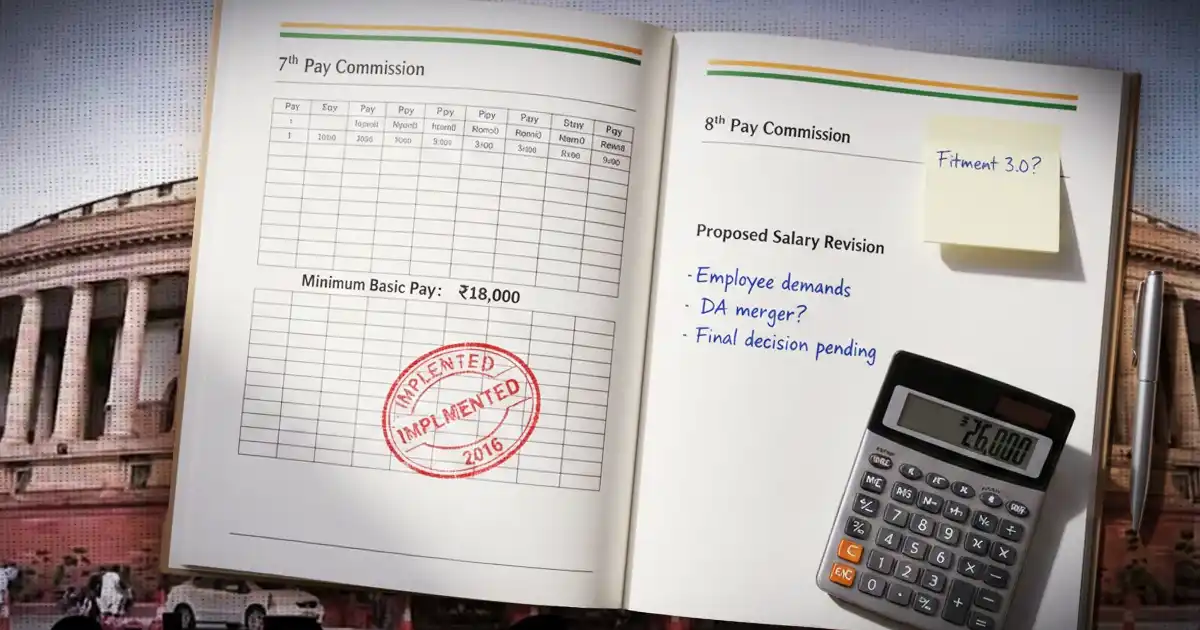The full form of GMP is Good Manufacturing Practice. It is a system of mandatory guidelines and quality control measures to help businesses make products that are safe and of good quality. This is important for products like pharmaceuticals, food, cosmetics, and dietary supplements.
To get GMP certification, a company must prove that it meets strict standards. This includes maintaining clean factories, using the right equipment, training staff, and carefully checking each step of the production process. Following GMP rules helps reduce mistakes, ensure product safety, and build trust with customers. It also ensures the business is following the law.
GMP vs. cGMP
- GMP means following basic good manufacturing rules to ensure safety and quality.
- cGMP stands for Current Good Manufacturing Practice. It means a company must constantly update its processes to use the best and most modern methods available. cGMP ensures that products meet the latest safety and quality standards. cGMP is a more advanced version of GMP and is widely accepted globally by regulators like the WHO, US FDA, and others.
In India, both GMP and cGMP are used, but WHO-GMP and cGMP are typically required for export-oriented companies or those seeking international regulatory approvals.
Main Goals of GMP
- Safety: Ensure products do not harm users.
- Quality: Every batch of products must be consistent and correct.
- Legal rules: Follow laws in India and other countries.
- Avoid waste: Clear procedures help reduce errors and save money.
For any business in India's regulated industries, obtaining a GMP certificate is a critical step that demonstrates a serious commitment to quality, enabling market growth and ensuring customer satisfaction.










